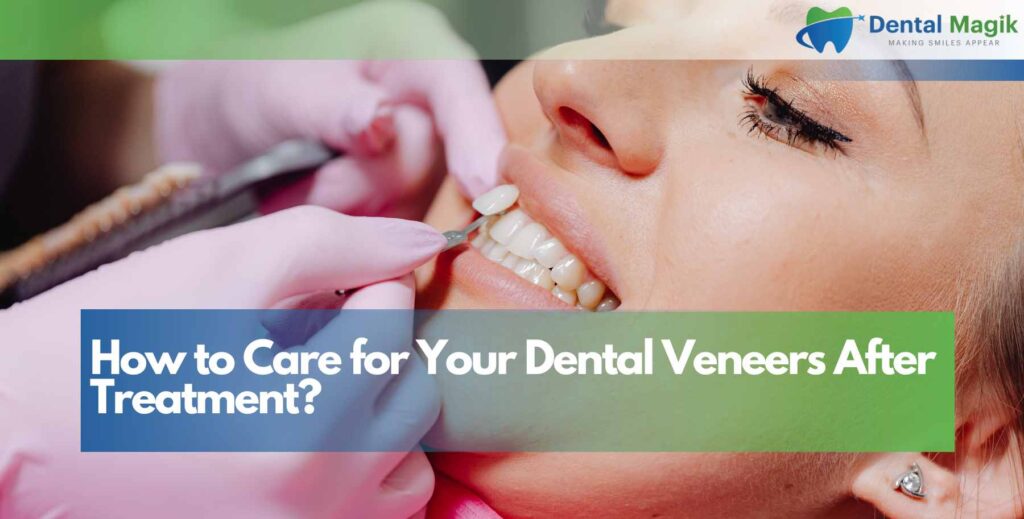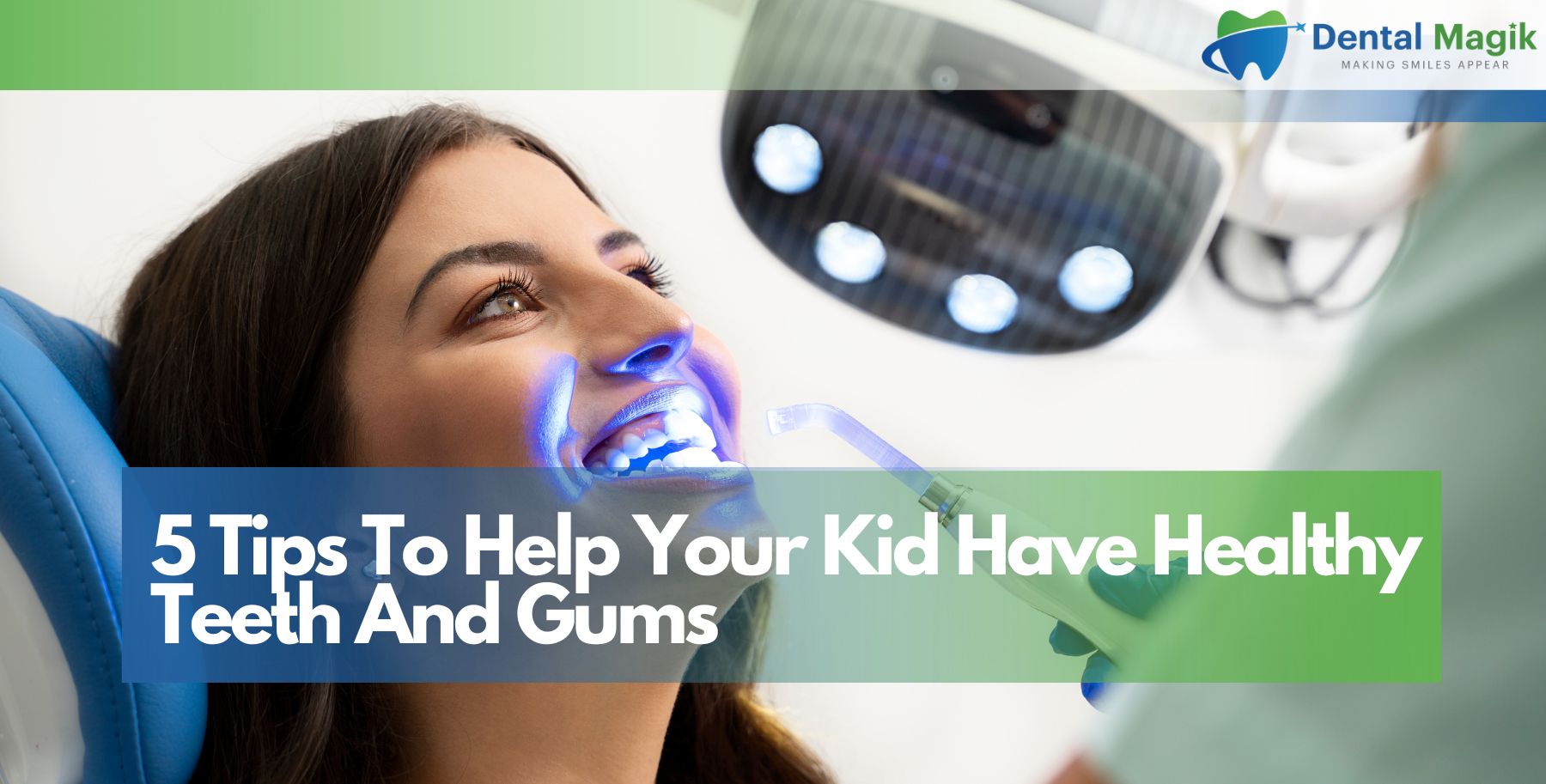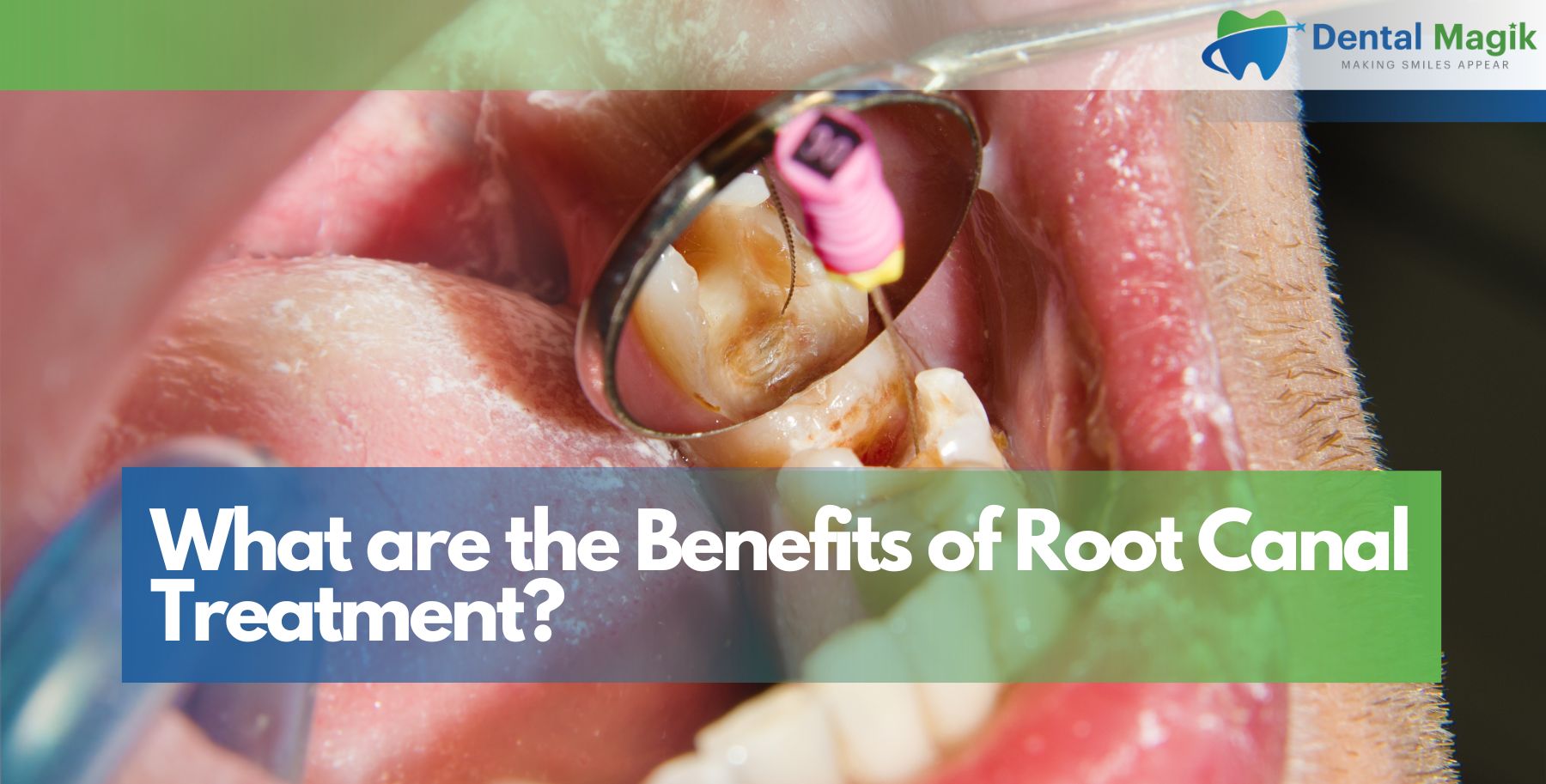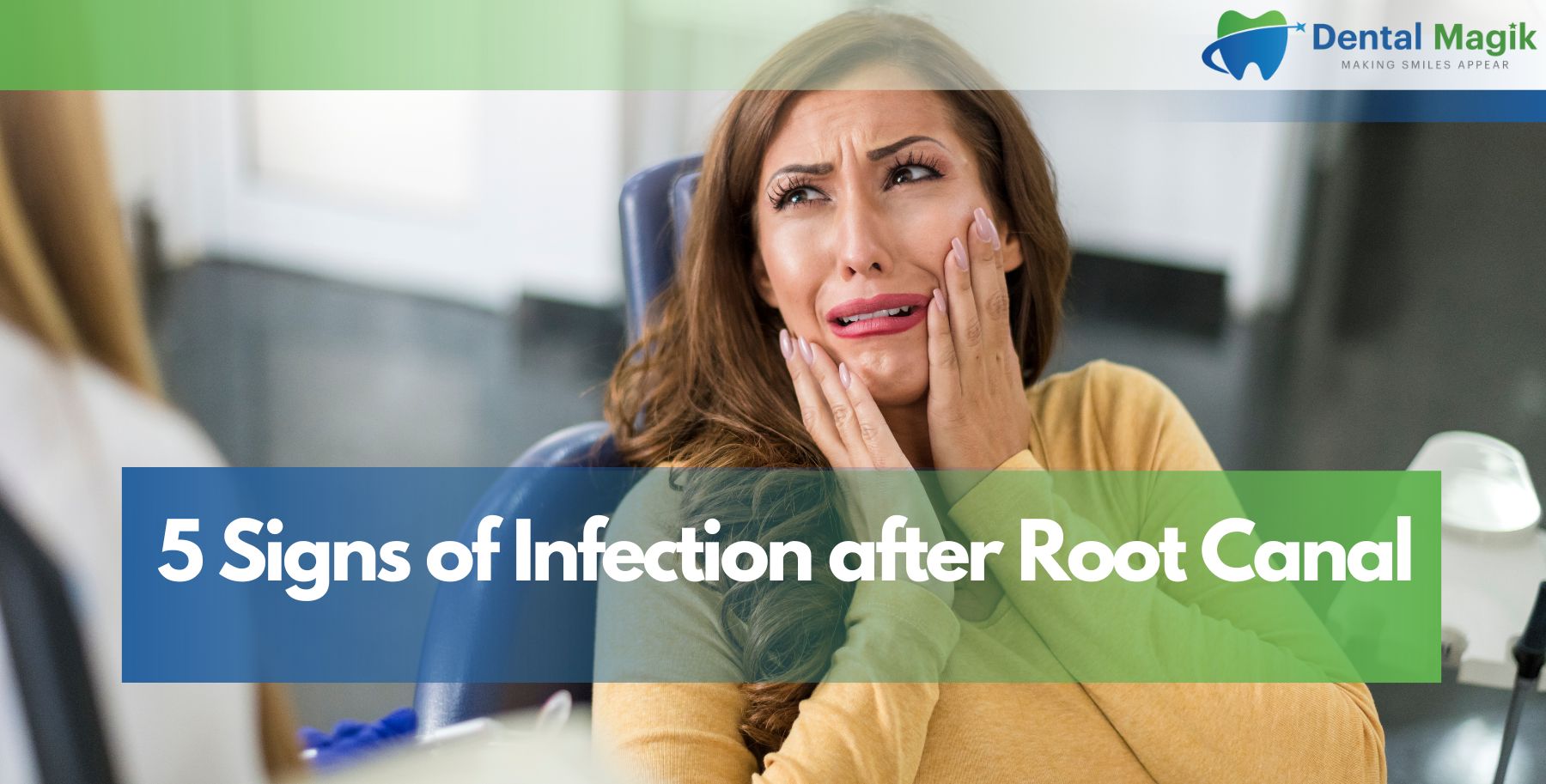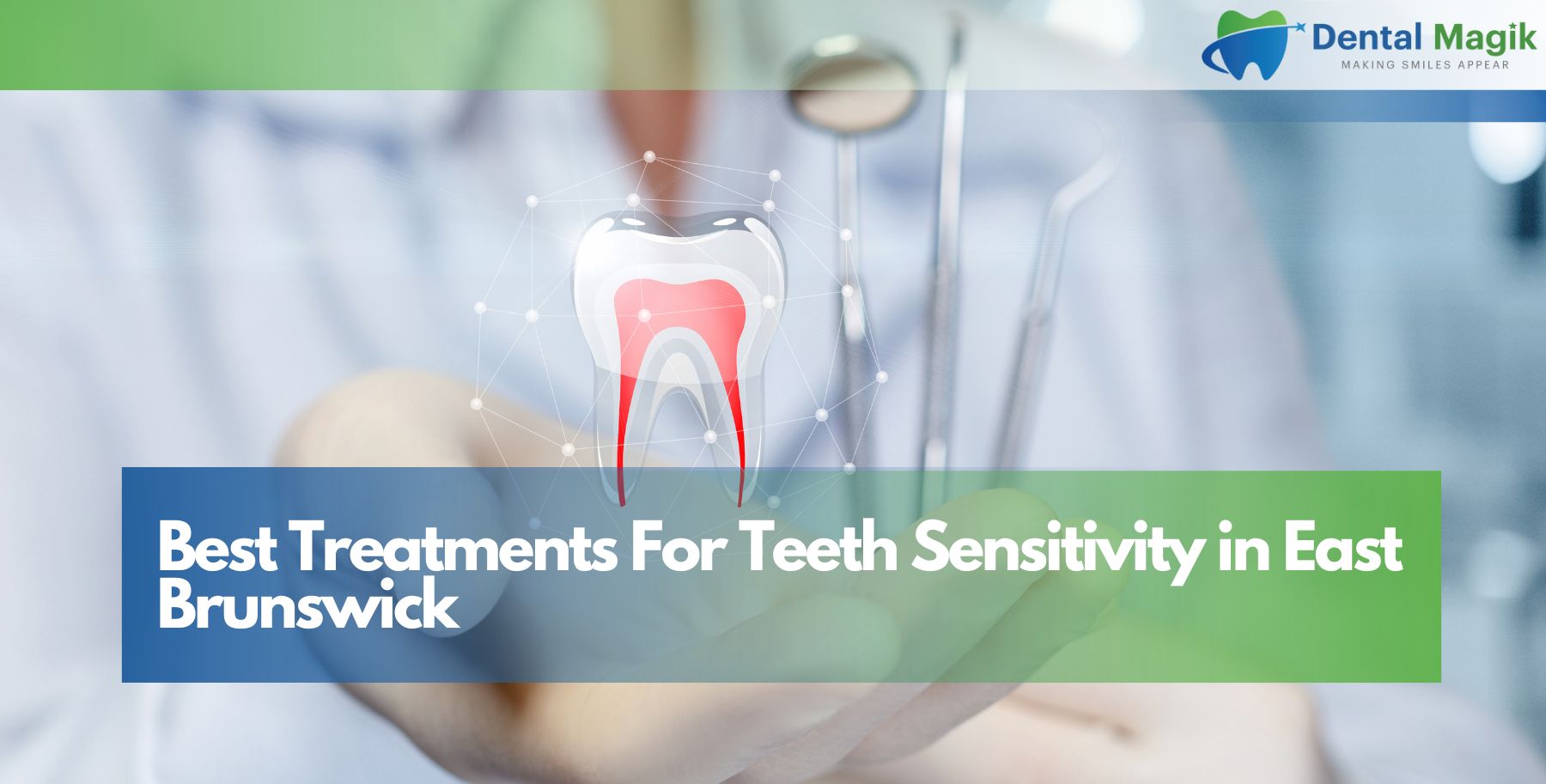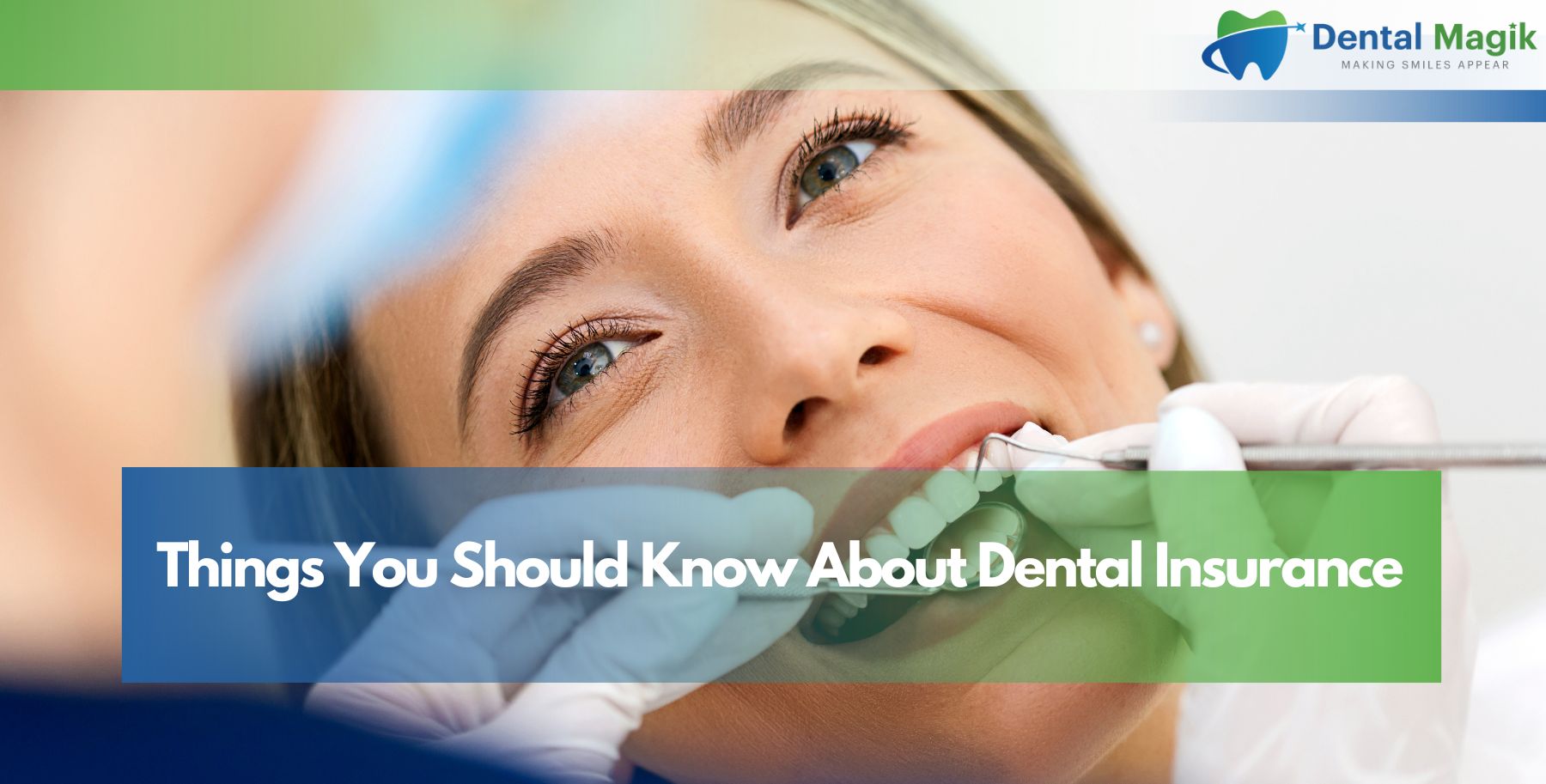Dental veneers are an investment in your smile, providing a solution for a range of dental issues such as discoloration, chips, gaps, or minor misalignments. They are designed to enhance both the function and appearance of your teeth, giving you a radiant and natural-looking smile. However, to maintain the beauty and functionality of veneers, it’s crucial to take proper care of them. We will walk you through everything you need to know about caring for your veneers after treatment, from the initial post-procedure phase to long-term maintenance. Whether you’re new to veneers or considering them, this comprehensive resource will ensure you’re prepared to keep your smile healthy and glowing for years to come.
What Are Dental Veneers and Why Do They Need Special Care?
Dental veneers are thin shells, often made from porcelain or composite resin, bonded to the front surface of teeth to improve their appearance. They are custom-made to match the natural shape, size, and color of your teeth, ensuring a flawless look. Veneers are strong and stain-resistant, but they are not immune to damage. The underlying natural teeth and gums require proper care to support the veneers and maintain oral health. Without adequate attention, veneers can lose their luster, become damaged, or even require replacement prematurely. For patients who have opted for Dental Veneers in East Brunswick, NJ, this treatment has transformed countless smiles. With proper care, veneers can remain stunning and functional for over a decade.
Immediate Post-Treatment Care for Veneers
The first few days after your veneer placement are critical for ensuring their proper bonding and settling. Following your dentist’s instructions during this phase will help secure their durability.
Avoid Certain Foods Initially
Your dentist may advise you to avoid sticky, hard, or chewy foods for the first 48 hours. These foods can stress the veneers before the adhesive bond fully sets. Stick to soft foods like yogurt, mashed potatoes, or scrambled eggs.
Be Mindful of Sensitivity
It’s common to experience mild sensitivity to hot or cold foods immediately after the procedure. This is due to the removal of a small layer of enamel during veneer placement. Using toothpaste designed for sensitive teeth can help alleviate this discomfort.
Practice Gentle Oral Hygiene
Brushing and flossing remain essential, but you should use a soft-bristled toothbrush and non-abrasive toothpaste to avoid irritating the gums or damaging the veneers during this sensitive phase.
Avoid Staining Agents
While porcelain veneers are resistant to staining, your natural teeth are not. Avoid beverages like coffee, tea, or red wine during the initial period, as these can stain the surrounding teeth, creating an uneven appearance.
Long-Term Maintenance Tips for Veneers
Once the veneers have settled, adopting a consistent maintenance routine is essential for preserving their appearance and functionality.
Maintain Excellent Oral Hygiene
Although veneers cover the visible part of the tooth, the underlying structure and surrounding gums remain vulnerable to decay and disease. Follow these steps:
- Brush Twice Daily: Use a fluoride-based, non-abrasive toothpaste to clean your teeth gently.
- Floss Daily: Flossing helps remove plaque and food particles from between teeth, preventing gum disease.
- Rinse with Mouthwash: An alcohol-free, antibacterial mouthwash can reduce bacteria and protect your veneers and gums.
Protect Your Veneers from Damage
Even though veneers are durable, they can chip or crack under excessive pressure.
- Avoid Hard Foods: Foods like nuts, hard candy, or ice can damage your veneers.
- Use a Mouthguard: If you grind your teeth (bruxism), wearing a custom-fitted mouthguard at night can prevent unnecessary wear and tear.
- Don’t Use Teeth as Tools: Avoid using your teeth to open packages or bite non-food items, as this can stress or damage the veneers.
Monitor Gum Health
Healthy gums are vital for the longevity of your veneers. Gum recession can expose the edges of the veneers, making them more susceptible to damage or decay. Regular dental checkups and proper oral care can help prevent this issue.
The Role of Diet in Veneer Care
Your diet plays a significant role in maintaining the health of your veneers and the surrounding teeth.
Stick to Teeth-Friendly Foods
Foods rich in vitamins and minerals can strengthen your teeth and gums, supporting the veneers.
- Crunchy fruits and vegetables (like apples and celery) can clean teeth naturally, but it’s best to cut them into smaller pieces to avoid stress on the veneers.
- Calcium-rich foods such as cheese and yogurt promote strong teeth and bones.
Avoid Excessive Sugar
Sugary foods and drinks encourage bacterial growth, which can lead to decay around the veneers. Opt for healthier snacks like nuts, fruits, or vegetables.
Hydrate Regularly
Drinking water helps rinse away food particles and bacteria, keeping your veneers and natural teeth clean. Proper hydration also promotes saliva production, which is crucial for maintaining oral health.
Common Misconceptions About Veneer Care
There are many myths surrounding veneer maintenance. Let’s debunk some of the most common ones:
- “Veneers Are Maintenance-Free”
Veneers require the same care as natural teeth. Without proper hygiene, plaque and tartar can accumulate, leading to gum disease or tooth decay. - “Veneers Last Forever”
While veneers are long-lasting, they are not permanent. With proper care, veneers typically last 10–15 years. Regular dental visits can help identify any issues early. - “Veneers Can’t Stain”
Although porcelain veneers resist staining better than natural teeth, they are not completely immune. Smoking or excessive consumption of staining beverages can affect their appearance.
What to Do If Veneers Are Damaged?
Veneers are designed to be durable, but accidents happen. Here’s how to handle damage:
Don’t Panic
If a veneer chips or cracks, it’s not the end of the world. Schedule an appointment with your dentist immediately to assess the damage and determine the best course of action.
Avoid Further Damage
Until your dentist can repair the veneer, avoid chewing on the affected tooth and steer clear of hard or sticky foods.
Consider Replacement if Needed
Over time, veneers may need to be replaced due to natural wear or gum recession. Work with an experienced dentist to ensure a smooth replacement process.
Routine Dental Visits: Key to Veneer Longevity
Regular checkups are essential for maintaining your veneers and overall oral health. During these visits, your dentist will:
- Check the condition and fit of your veneers.
- Perform professional cleanings to remove plaque and tartar.
- Address any concerns related to gum health or minor veneer damage.
For those with Dental Veneers in East Brunswick, routine visits are a cornerstone of long-term veneer care.
The Importance of Gum Health in Veneer Maintenance
Healthy gums not only support your veneers but also enhance the overall appearance of your smile. To keep your gums healthy:
- Floss daily to prevent gum disease.
- Avoid smoking, which can damage gum tissue.
- Schedule regular dental cleanings to address early signs of gum issues.
Conclusion
Your dental veneers are an investment in both your appearance and confidence. By following a proper care routine, avoiding harmful habits, and scheduling regular dental checkups, you can ensure that your veneers stay beautiful and functional for years to come. Whether you’re enjoying the benefits of Veneers in East Brunswick, NJ, or planning to get them, always work closely with your dentist to maintain your smile’s health and appearance. For professional guidance and expert care, consult a Dentist in East Brunswick, NJ, to keep your veneers and overall oral health in top condition. Your radiant smile deserves nothing less.

